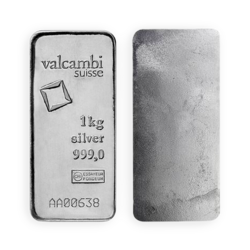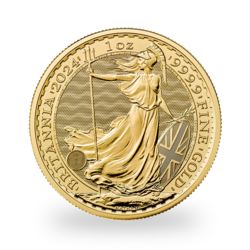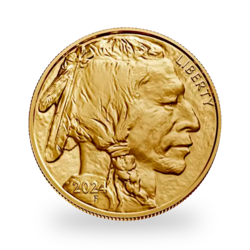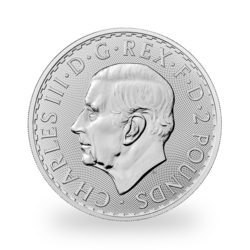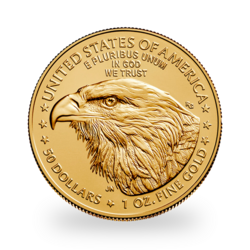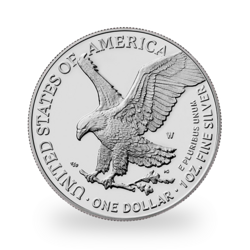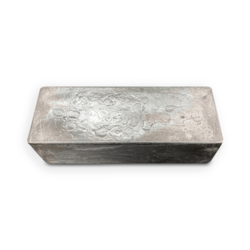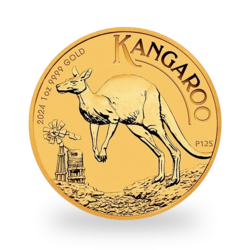A caustic American economist has pointed out that the United States has become a communist society - defined by the "collective ownership of the means of production" - since the country's large corporations are majority-owned by pension funds, i.e. the employees' pension funds. The workers therefore "own" the means of production, QED. Of course, this is not done under the authority of an authoritarian central state but through the "invisible hand" of the market. This mechanism also takes place through financial institutions that operate in a rather opaque manner, so the control of employees is relative. But formally, the point is valid, beyond its primary irony.
In a society of freedom, the "collective" is built through free individual decisions, and that is much better, but the desire to impose collective standards "for the good of the people" is a trend that is unfortunately widespread among the leaders. In the West, statehood is progressing insidiously, but also by sudden leaps: during the First World War (the gold standard disappears and the state gets its hands on the currency, creation of income tax), during the Second World War (explosion of state spending, nationalizations, price controls), during the crisis of the 1970s (end of gold-dollar convertibility, growth of public spending and budget deficit), during the financial crisis of 2008 (massive intervention by central banks). It is feared that the current coronavirus pandemic will lead to a new phase.
With this crisis, government public spending and money printing are exploding all previous records, for the good of the people, of course. However, it is the unpreparedness and amateurism of many states around the world that have accentuated this crisis (lack of tests and masks). It is the same people who will, they say, get us out of it... Above all, we are familiar with this formula of communication: "Never let a good crisis go to waste". All those who want to advance collectivism are rubbing their hands at the moment. However, it is states with low levels of compulsory levies and managed like companies (Taiwan, Singapore, South Korea) that have best contained this pandemic, and with limited containment, therefore reduced losses for their economies, but this is forgotten.
So let's get on with public spending! But we can see that they serve a large part of a deleterious "connivance capitalism" (let's help big companies, SMEs and the self-employed will manage with the rest). Moreover, let's not expect any questioning of the state, because the economic crisis existed long before the coronavirus appeared (tax cuts? less bureaucracy? Let's dream a little, it doesn't cost anything). Let's go for the "unlimited" money printing of the central banks, who present themselves as the white knight supposed to save us, but who will end up ruining our currencies when inflation comes out of its box.
Since the beginning of the 20th century, the progressive collectivization of our societies has been achieved through the alliance between the state and its central bank: from the end of the gold standard to today's dematerialized money, the power of the state grows as money loses its integrity and is increasingly subject to it. A strong and omniscient state cannot coexist with a currency that it does not control; it would leave an immense space of freedom to individuals.
How can one resist? One way is to take an interest in money. In this perspective, gold (and bitcoin, but its adoption is still too limited) represents a true space of freedom and autonomy; it is centuries old and recognized everywhere and inspires confidence. One way to counter this collectivist tide is to raise the question of money, its control, its value, its circulation, the banking system. We must demand the remonetization of gold, the possibility - for those who so wish, as a complementary currency - of being able to make transfers and payments in precious metal, which includes the end of the tax on capital gains relating to it (gold is not an "asset", it is a currency). It will be an uphill battle, but regaining our autonomy from a Leviathan state will require, among other things, the use of money, which is an instrument of our freedom.
Reproduction, in whole or in part, is authorized as long as it includes all the text hyperlinks and a link back to the original source.
The information contained in this article is for information purposes only and does not constitute investment advice or a recommendation to buy or sell.















